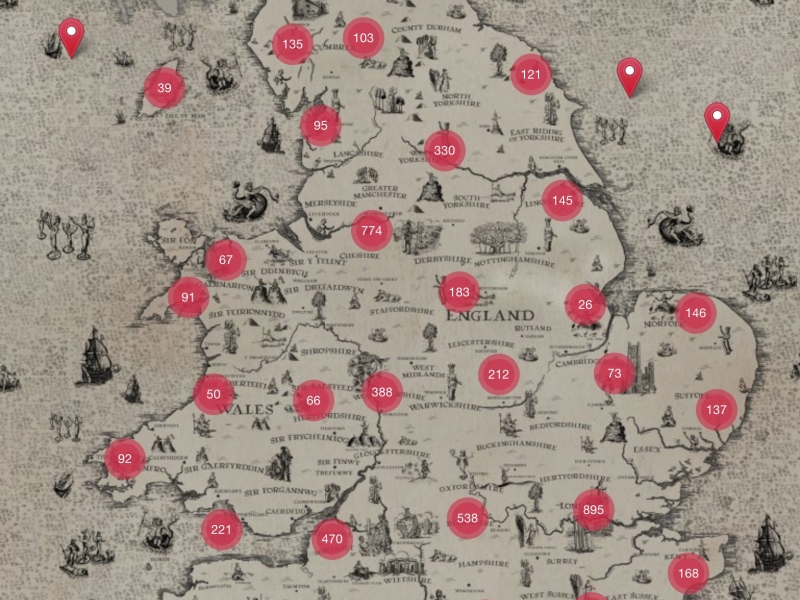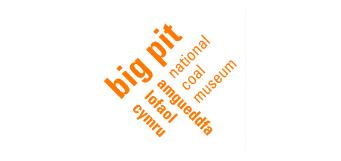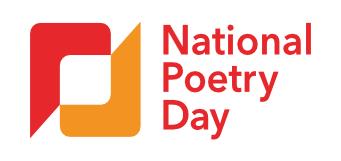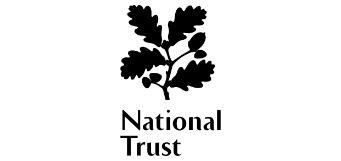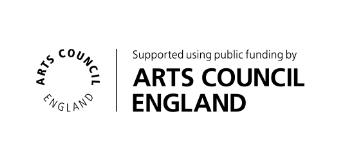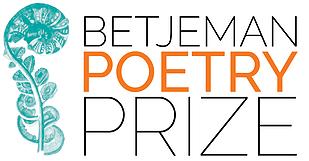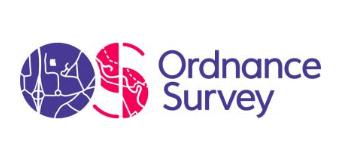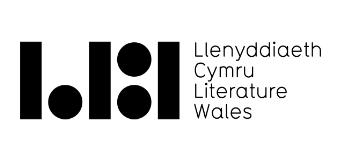The Last Post
Added: 04 November 2019
We are closing the map for business—though it will still be viewable, as an archive—and Andrew suggests I pin a poem, to draw a line or full stop, to mark the moment. One hundred and fifty days ago, Simon Armitage, then newly installed as Poet Laureate, posted the first (with a little glitchy interference from an earlier incumbent, Alfred Lord Tennyson) and got things underway. Over seven thousand poems later, here we are.
As I pin my exaugural poem—a kind of low key, reverse version of a ribbon-cutting or champagne bottle smashing into a ship’s hull—I cast my mind back over the summer, and further back. In a foreign country called ‘the past’ (where they do things differently, etc), Andrew and me first knocked around the idea of this project between two referendums, on Scottish independence and membership of the European Union. The portmanteau word ‘Brexit’ was out there but hardly on everyone’s lips. By the time we launched Places of Poetry, people were hardly talking about anything else.
It’s funny how you develop a line when asked repeatedly about a project—one thing I found myself saying at the outset (I think I stole it from Andrew) was that we were going to end up with an archive of the imagination, a record of how people across England and Wales were imagining themselves and the places they knew, where they lived, during the rather turbulent, uncertain (and wet) summer of 2019.
As poems began to populate it, the map took on a life of its own. It’s been unpredictable, addictive, and one of the pleasures of Places of Poetry has been the zooming in and zipping across the map to see what each day brought, every new crop of different voices and viewpoints. They celebrate. They lament. They evoke. They capture fleeting or first impressions, or they delve into history. They are planted on hillsides and in woodlands. They land in fields and high streets. They fringe the coastline. They occupy castles and stadiums, ruins and shopping malls. They look outwards and inwards. They do their thing and have their say and choose their words carefully.
Mostly, signing off, I’m curious about how the blueprint of an obscure and little-read poem from the margins of the seventeenth century has been used to crowdsource in our digital age, how an open invitation was created, and how people have engaged with poetry and place. We almost certainly got some things wrong, but I’ve lost count of the amount of people I met this summer who told me how excited they were to find the project, and to get involved.
We entered into Places of Poetry partly in a spirit of experiment—there’s never been anything quite like it—but in the end it only could have happened because so many people took part in a spirit of generosity, marking their significant places on the map and also coming along to events, readings, workshops or walks. Huge gratitude and thanks, to each and every one of you. I’m clicking Submit.
Search Poems


